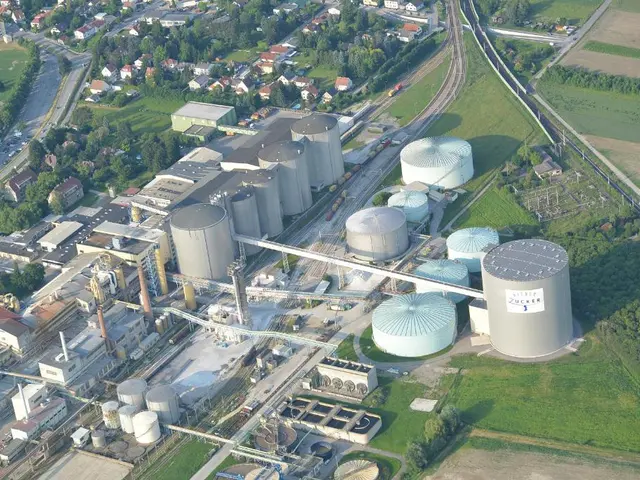Balancing act in the agreement to combat plastic pollution - International Treaty on Mitigating Plastic Pollution
The United Nations conference in Geneva, aimed at negotiating a global contract to mitigate plastic pollution, has unfortunately collapsed without reaching an agreement in August 2025. The core issue blocking consensus has been deep divisions between countries wanting to impose limits on plastic production and those opposing such caps, particularly oil-producing states.
At the August 2025 session (INC-5.2), over 1,400 delegates from 183 countries failed to agree on a legally binding treaty that would address the full lifecycle of plastics—from design and production to waste management. The EU and its allies pushed for binding measures to cap plastic production and regulate toxic substances, aiming to tackle the root causes of pollution. In contrast, the "Like-Minded Group" composed of Saudi Arabia, Kuwait, Russia, Iran, Malaysia, and others insisted the treaty should focus mainly on managing plastic waste and recycling, rejecting any production caps.
The EU's stance has been part of a broader High Ambition Coalition comprising Canada, the UK, and various African and Latin American states, all advocating for an ambitious treaty including strong production controls. Petrochemical states, often with economic interests in plastic production, blocked such measures, causing the deadlock.
The new draft contract, criticised for being a waste management plan rather than addressing the production of plastic, has been met with astonishment from dozens of countries. The EU Environment Commissioner, Roswall, stated that while plastic is useful, plastic pollution must be stopped. Oil-producing Saudi Arabia, which has long opposed production limits, also criticised the text.
The aim of the High Ambition Coalition is to phase out certain single-use plastic products like straws or polystyrene cups worldwide. The United Nations Environment Assembly adopted a plastic contract in 2022, but the current negotiations are on a knife edge, with efforts potentially failing without a final push before the deadline.
Jochen Flasbarth, State Secretary in the German Federal Ministry for the Environment, stated that the problem of international plastic pollution is gigantic. The representative of the United Kingdom stated that a lowest common denominator agreement is not an option. Ambitious countries like Germany and the EU aim to produce less, reuse and recycle plastic products, and dispose of the rest in an environmentally friendly manner.
Criticism comes from Kenya, the Philippines, the United Kingdom, and Saudi Arabia, among other countries. Graham Forbes, head of Greenpeace, called the new draft contract a gift to the petrochemical industry and a betrayal of humanity. The controversy revolves around the EU-led coalition demanding legally binding limits on plastic production to effectively mitigate pollution, versus the opposing bloc of oil-producing nations prioritising waste management over production cuts.
Negotiators and observers expressed disappointment, calling it a missed historic opportunity. However, there is still commitment to continue working towards a treaty despite no timeline set for resumption.
- Despite the collapse of a global contract to mitigate plastic pollution at the United Nations conference in Geneva in August 2025, the EU and its allies, including Canada, the UK, and various African and Latin American states, have continued advocating for an ambitious treaty with strong production controls.
- In the new draft contract, criticized for being a waste management plan instead of addressing the production of plastic, the EU Environment Commissioner, Roswall, stated that while plastic is useful, plastic pollution must be stopped.
- The aim of the High Ambition Coalition, which consists of Germany, the EU, and other nations, is to phase out certain single-use plastic products like straws or polystyrene cups worldwide and promote a shift towards employment in environmental science and efficient energy use in industries like finance and oil-and-gas, mitigating climate-change effects.
- The controversy revolves around the EU-led coalition demanding legally binding limits on plastic production to effectively mitigate pollution, versus the opposing bloc of oil-producing nations prioritizing waste management over production cuts, ultimately impacting future employment policies in these industries.




